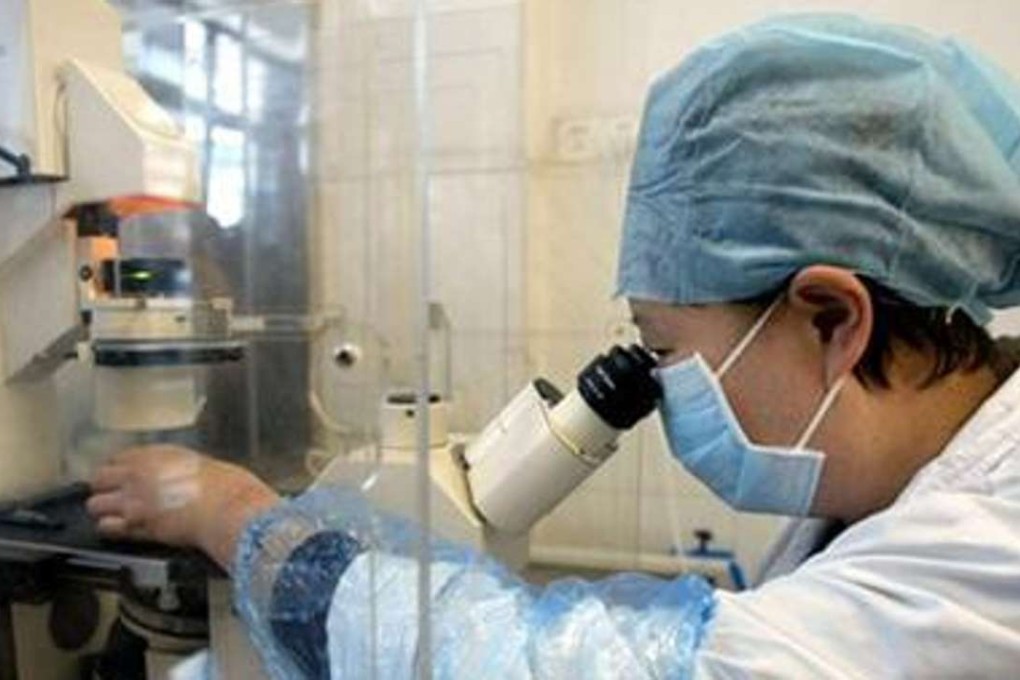The rise of China’s millionaire research scientists
Government’s push to put science and technology at forefront of nation’s development is creating new breed of highly-paid scientific academics

They may be small in number and keep a low profile, but the ranks of millionaire scientists in China are growing and they are leading the nation’s rise as a global power in scientific research.
This new breed of scientist works in state-of the-art laboratories and are increasingly carrying out groundbreaking research published by top international scientific journals such as Science or Nature.
China is now the world’s second largest contributor to high-quality scientific research papers, right behind the United States, according to the Nature Index 2016 released last week.
“Of the top ten countries in the Nature list, only China has shown double digit growth between 2012 and 2015 with some of its universities growing their contribution to the index as fast as 25 per cent annually,” Nature said in its press release.
Better salaries and other financial benefits - thanks largely to the government largesse - help swell the ranks of China’s research teams.
Hong Kong not nurturing its scientists or their research, says winner of Croucher Innovation Award
The high rise in salaries for the small but growing number of China’s elite scientists has been relatively rapid.